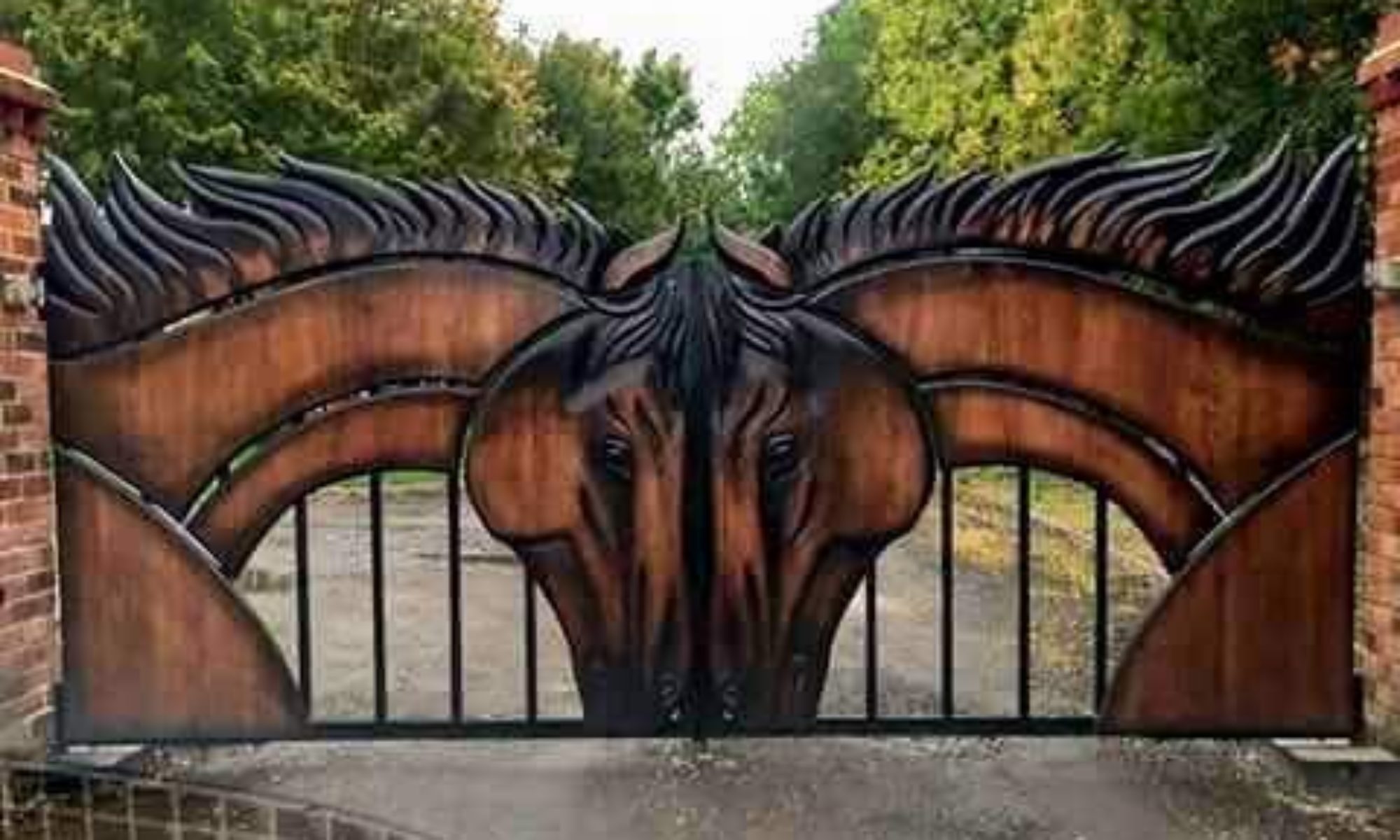Many homeowners invest in a water filtration system because they want better water for drinking. While this is one of the major benefits, there are so many other advantages of having one installed in your home.
1. Better Tasting Water
Let’s start with the obvious one – a water filtration system helps provide better tasting water. It helps your water taste better because it eliminates the risks of your water being contaminated with harsh and toxic chemicals.
2. Purified Water
A water filtration system provides purified water for daily activities like drinking, cooking, washing fruits and veggies, taking showers, cleaning, laundry and more.
3. Extends Lifespan Of Appliances
Appliances like your dishwasher, washing machine, showers, toilets, faucets, fixtures, and more will get to enjoy a longer life if you use filtered water. Unfiltered water is full of sediment, heavy metals, chemicals chlorine and more which can cause pipe damage, worn faucets, and clogged drains.
4. Keeps Out Heavy Metals
Not only can a water filtration system keep heavy metals out of your water, but it can also keep the good minerals from the water. Luckily, it doesn’t strip everything from your water – just the stuff you don’t want.
5. Filters Out Chemicals
Many homes have contaminated and polluted water that isn’t safe for consumption. A water filtration system will filter out all of these dangerous contaminants like chlorine, pesticides, and other toxic chemicals.
6. Lessens Corrosion
Does your water have discoloration? Do you notice stains around your appliances, fixtures and sinks? These could be signs of corrosion in your pipes. If not addressed, rust and corrosion in your pipes can cause a series of health problems.
7. Saves You From Water Pollution
In instances when your local water supply becomes polluted, you will be glad you have your own system. You can have peace of mind knowing that you never have to worry about water pollution.
8. Eliminates Water Problems
Unsightly stains, tastes and odors can really turn you off from drinking and using your water. Have you ever taken a sip of your water and it smells fishy or tastes like chlorine? These are signs of impurities. If you notice any stains, awful tastes and foul odors, it’s likely due to bacteria in your water.
9. Helps The Environment
Did you know we use about 40 billion plastic bottles a month in the United States? A water filtration system significantly reduces your dependence on plastic bottles, saving you money and also helping the environment.
Cool Touch Is Here For All Your Water Filtration System Needs In the Phoenix and Prescott Valley Metropolitan Areas!
We are here for all your water filtration system needs in the Phoenix and Prescott Valley Metropolitan Areas! For over 20 years, we have been your trusted home comfort specialists for all things HVAC, plumbing, and indoor air quality. Contact us today to schedule your appointment by visiting us online here.
The post 9 Benefits Of A Water Filtration System appeared first on Cool Touch Air Conditioning & Heating.











